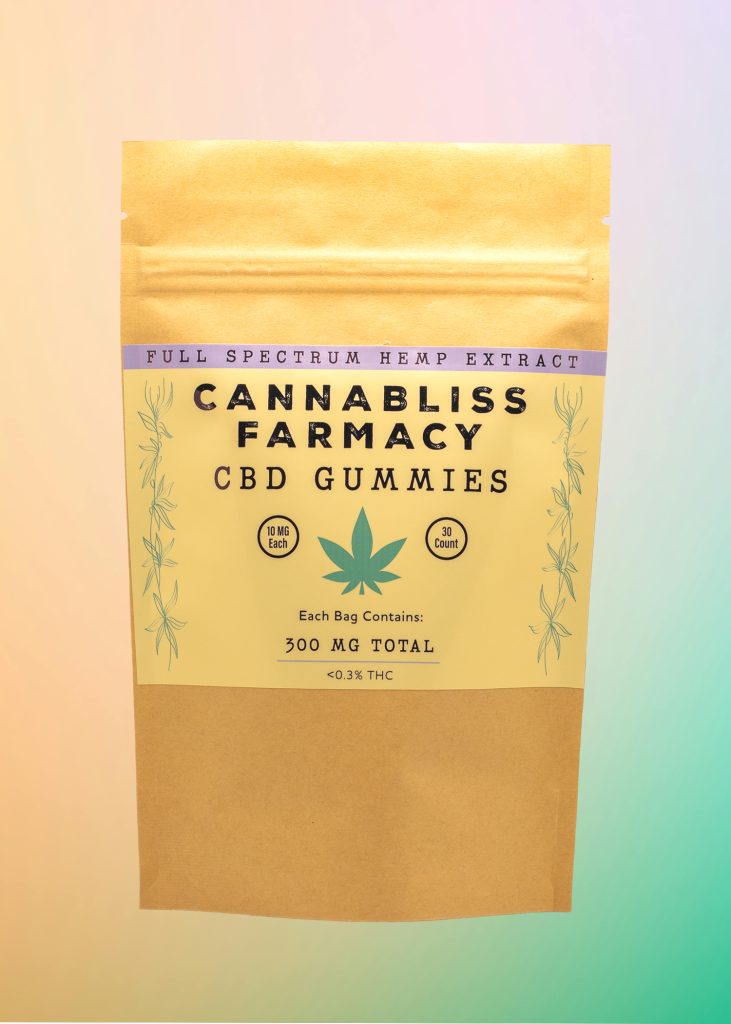The Rising Trend of THC-Free Products: Exploring Benefits, Legality, and Consumer Demand
In recent years, the cannabis market has seen a significant rise in the popularity of THC-free products, catering to consumers who seek the potential benefits of cannabis without the psychoactive effects of THC (tetrahydrocannabinol). From CBD oils and edibles to skincare and wellness products, options offer a versatile and accessible alternative for those looking to explore the therapeutic properties of cannabis. Let’s delve into the world of products, examining their benefits, legality, and the growing demand among consumers.
Understanding THC-Free Products:
THC-free products, as the name suggests, are formulated to contain little to no THC, the psychoactive compound found in cannabis. Instead, they often feature other cannabinoids, such as CBD (cannabidiol), which is known for its potential therapeutic effects without inducing a “high.” These products offer a way to harness the potential benefits of cannabis without the mind-altering effects typically associated with THC.
Benefits of THC-Free Products:
- Non-Psychoactive Relief: For individuals seeking relief from various ailments, such as pain, inflammation, anxiety, and sleep disorders, products offer a non-psychoactive alternative to traditional cannabis products containing THC.
- Legal Compliance: In many regions, cannabis products containing THC are subject to strict regulations and may only be available for medical or recreational use in limited circumstances. THC-free products, on the other hand, often fall within legal guidelines, making them more accessible to a broader audience.
- Versatility: They come in a variety of forms, including oils, tinctures, capsules, edibles, topicals, and more, offering consumers a diverse range of options to suit their preferences and needs.
- Reduced Risk of Side Effects: While THC is generally well-tolerated by most individuals, some may experience unwanted side effects, such as paranoia, anxiety, or impaired cognitive function. These products eliminate the risk of experiencing these adverse reactions, providing a safer and more predictable experience for consumers.
Legality and Regulation:
The legality of products varies depending on the region and the source of the cannabis-derived ingredients. In the United States, for example, hemp-derived CBD products containing less than 0.3% THC are federally legal under the 2018 Farm Bill. However, regulations can differ at the state level, so consumers should familiarize themselves with local laws and regulations regarding the sale and use of cannabis products.
In other countries, the legal status of THC-free products may vary, with some jurisdictions permitting the sale and use of CBD products, while others impose stricter regulations or outright bans. It’s essential for consumers to research and understand the legal landscape in their respective regions before purchasing or using THC-free products.
Consumer Demand and Market Trends:
The demand for THC-free products has surged in recent years, driven by growing awareness of the potential health benefits of cannabinoids like CBD and increasing interest in natural and alternative wellness options. As a result, the market for these products has expanded rapidly, with a wide range of brands and products catering to diverse consumer preferences and needs.
Conclusion:
THC-free products represent a burgeoning market segment within the cannabis industry, offering consumers a non-psychoactive alternative to traditional cannabis products containing THC. With their potential therapeutic benefits, legal compliance, and versatility, products have captured the attention of consumers seeking natural and holistic wellness solutions. As regulations evolve and consumer demand continues to grow, THC-free products are poised to play an increasingly significant role in the ever-expanding landscape of cannabis and wellness.

